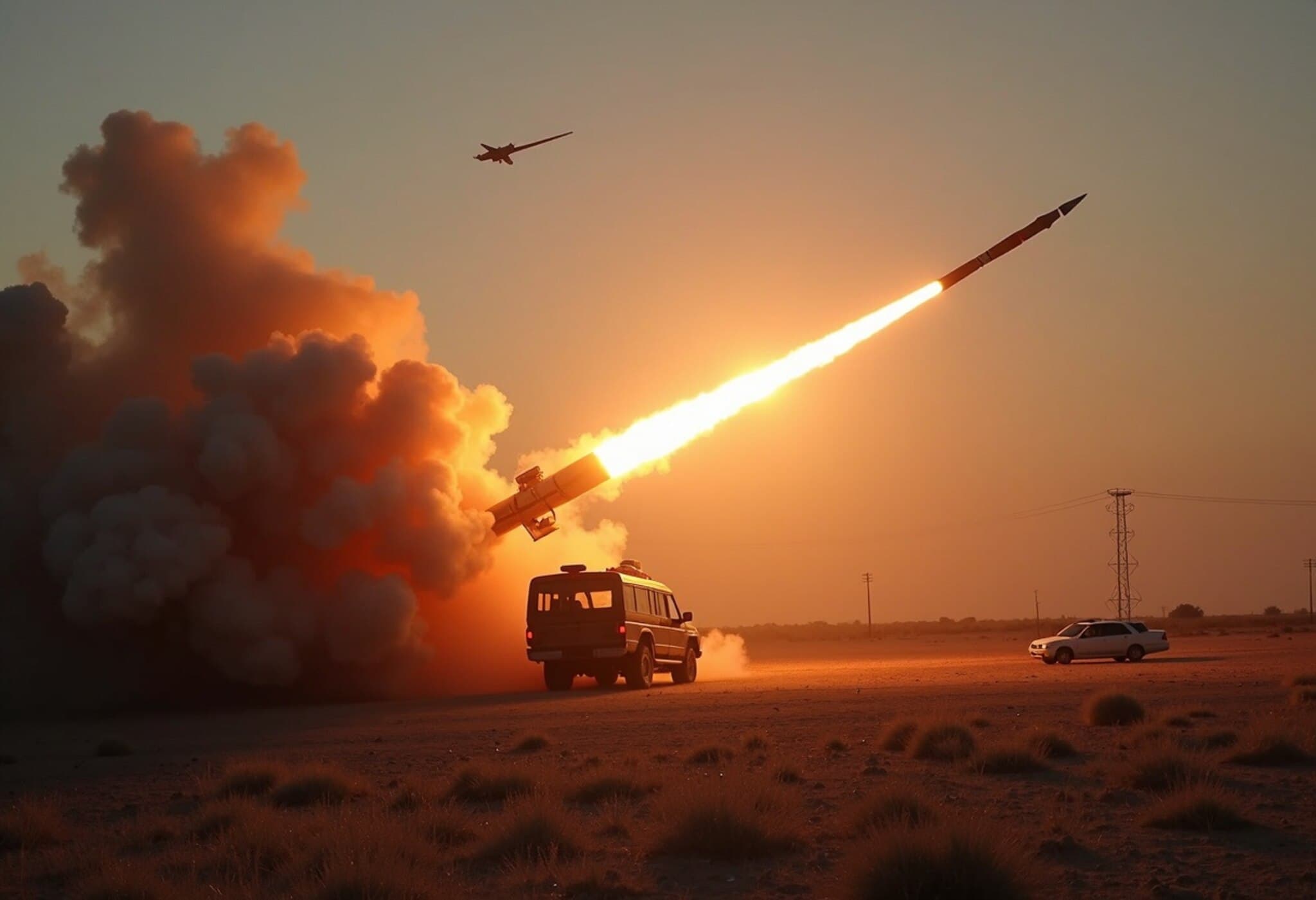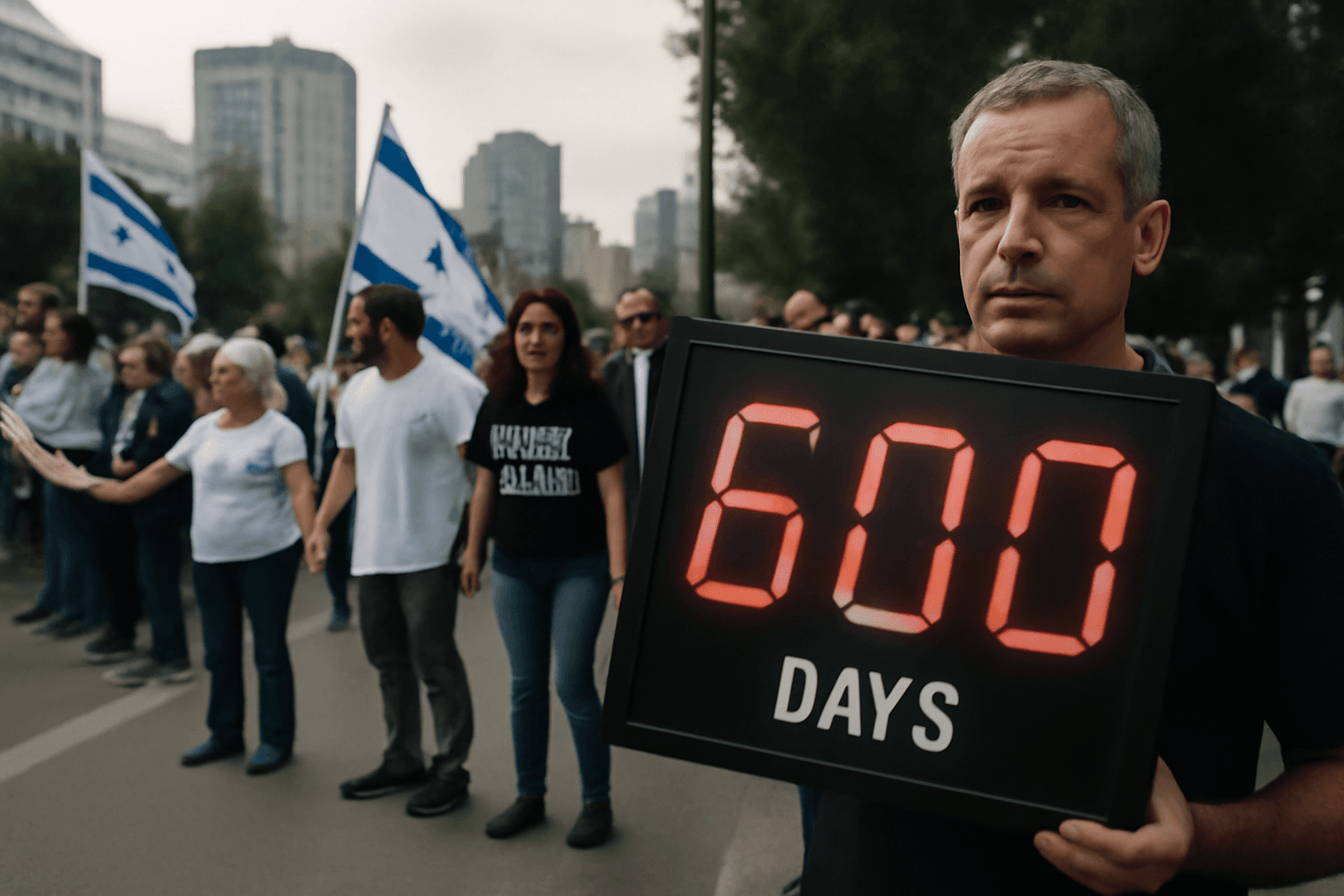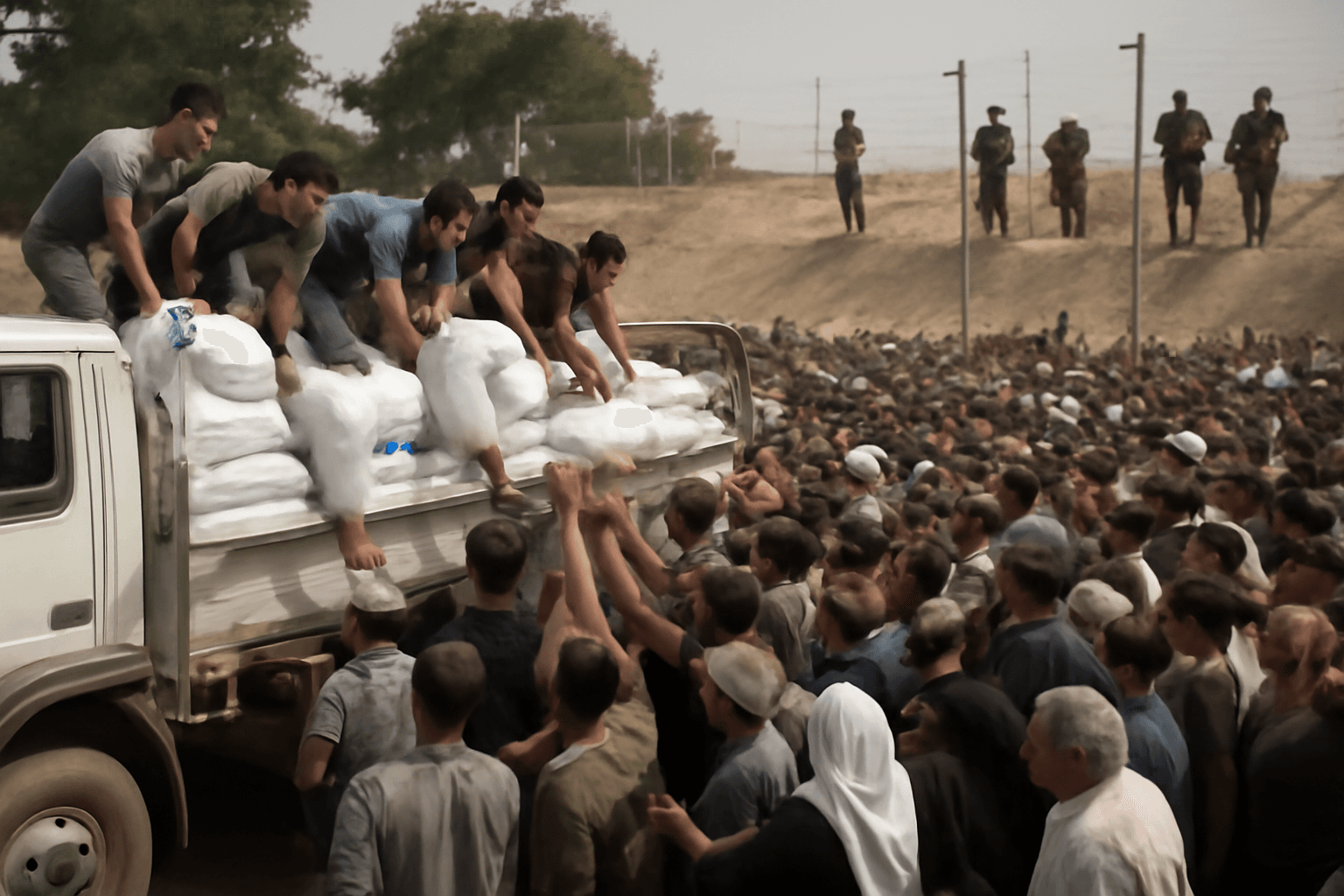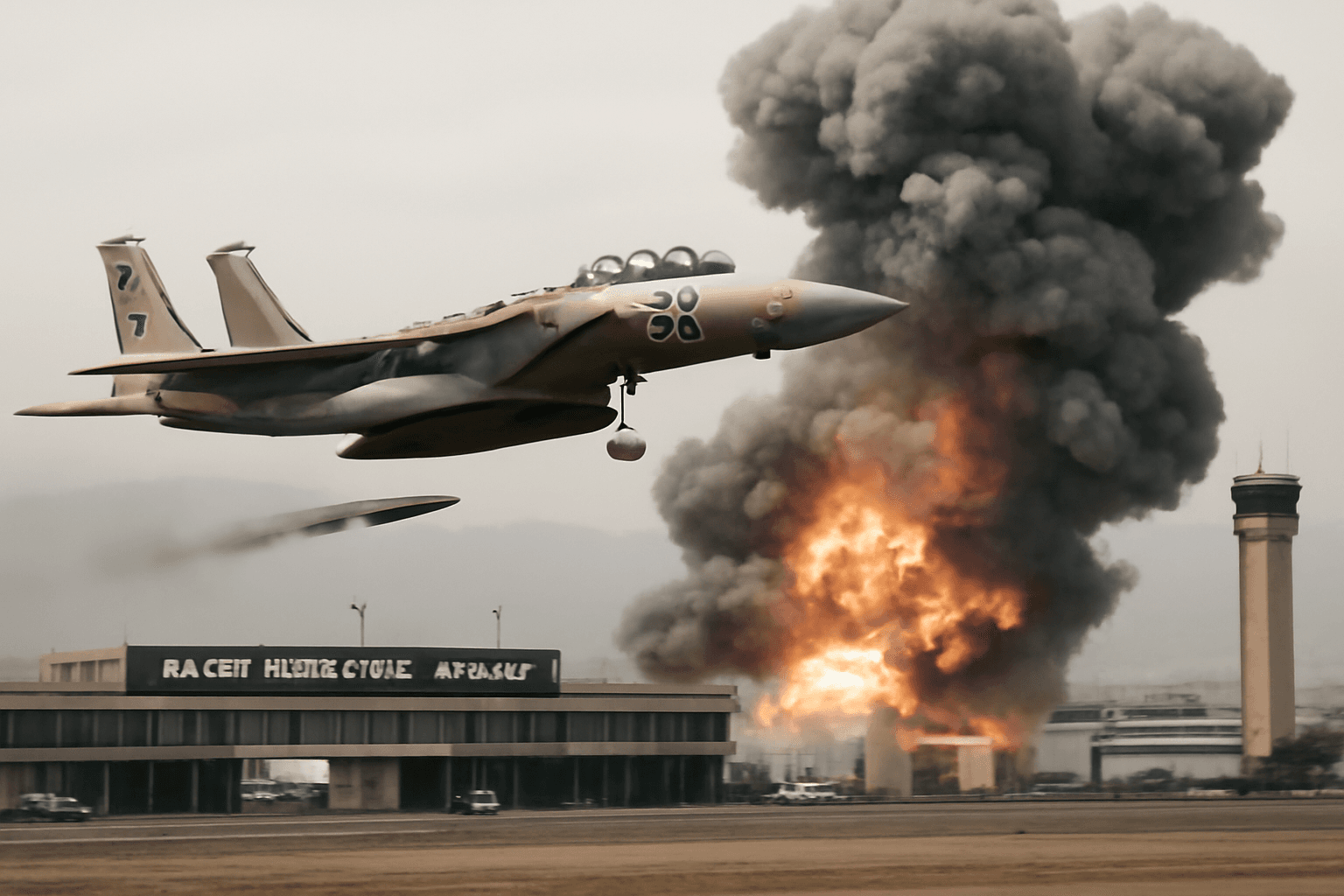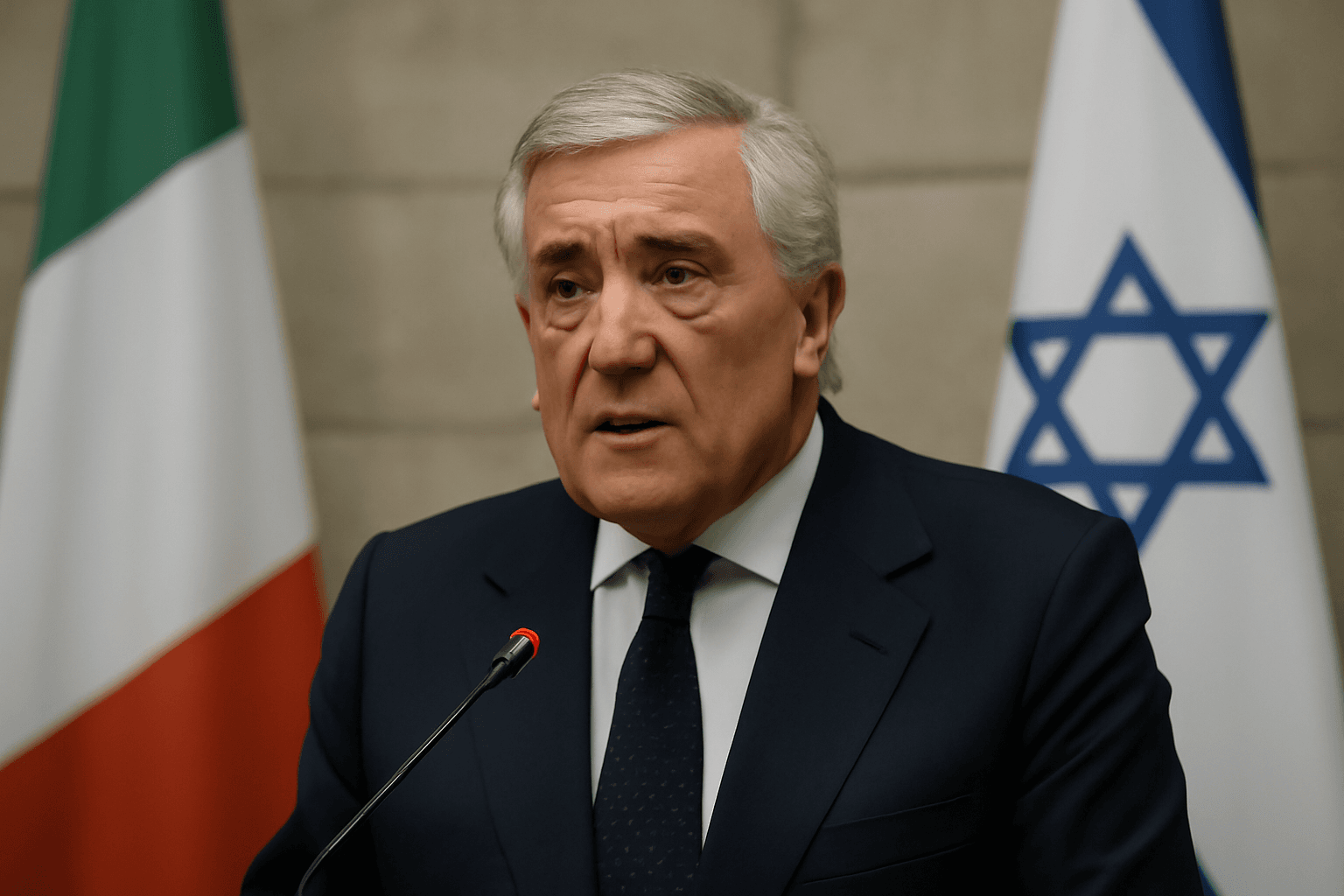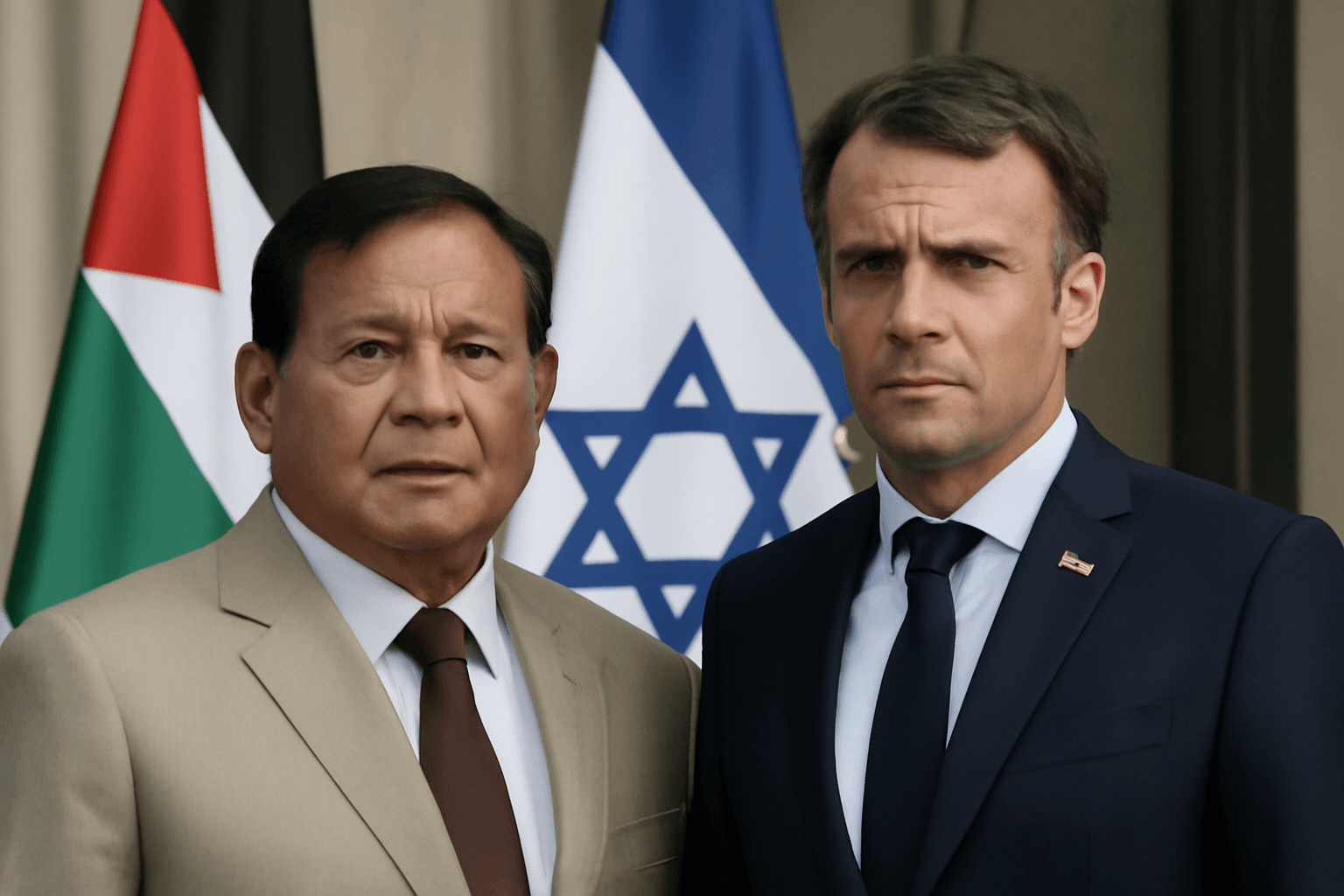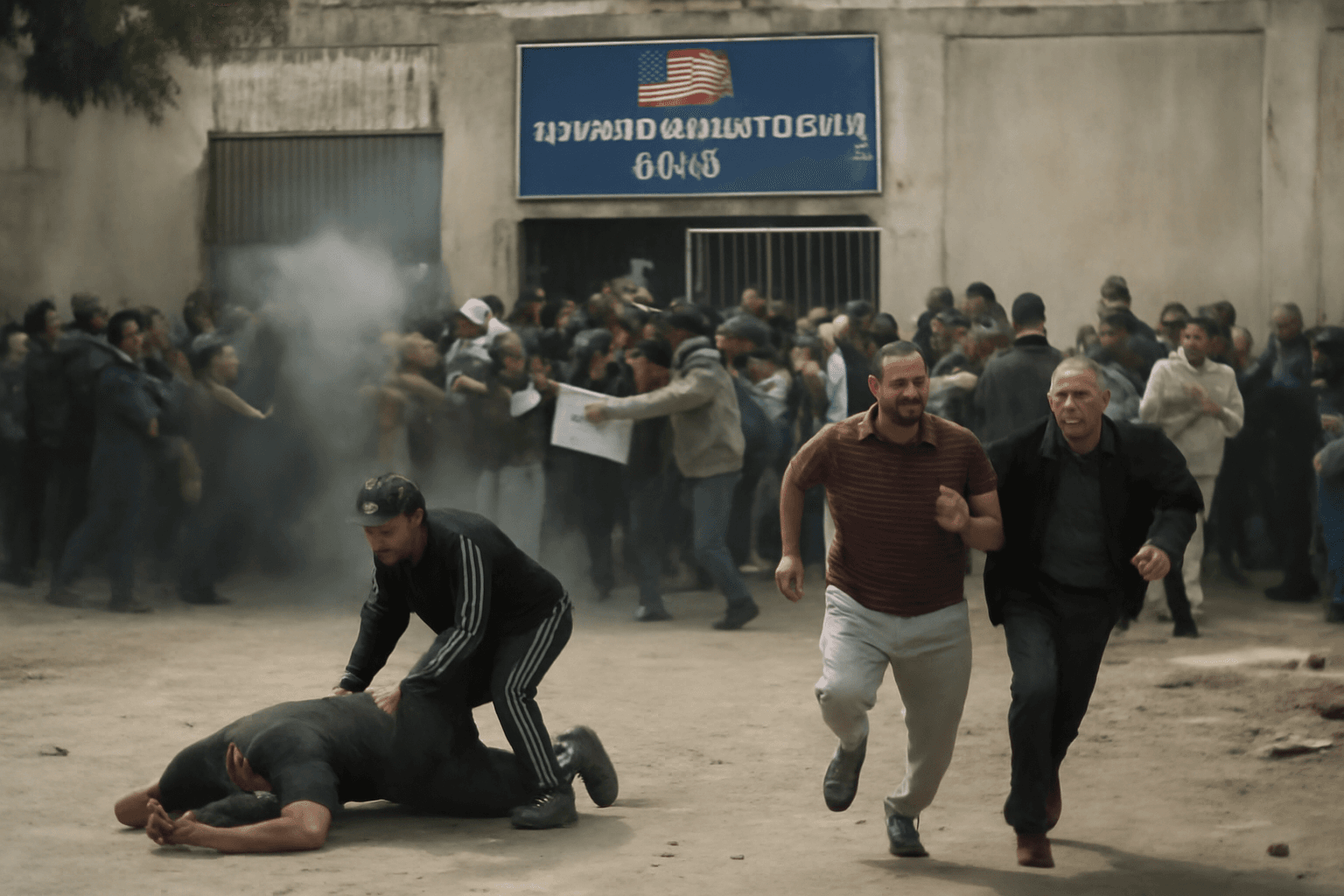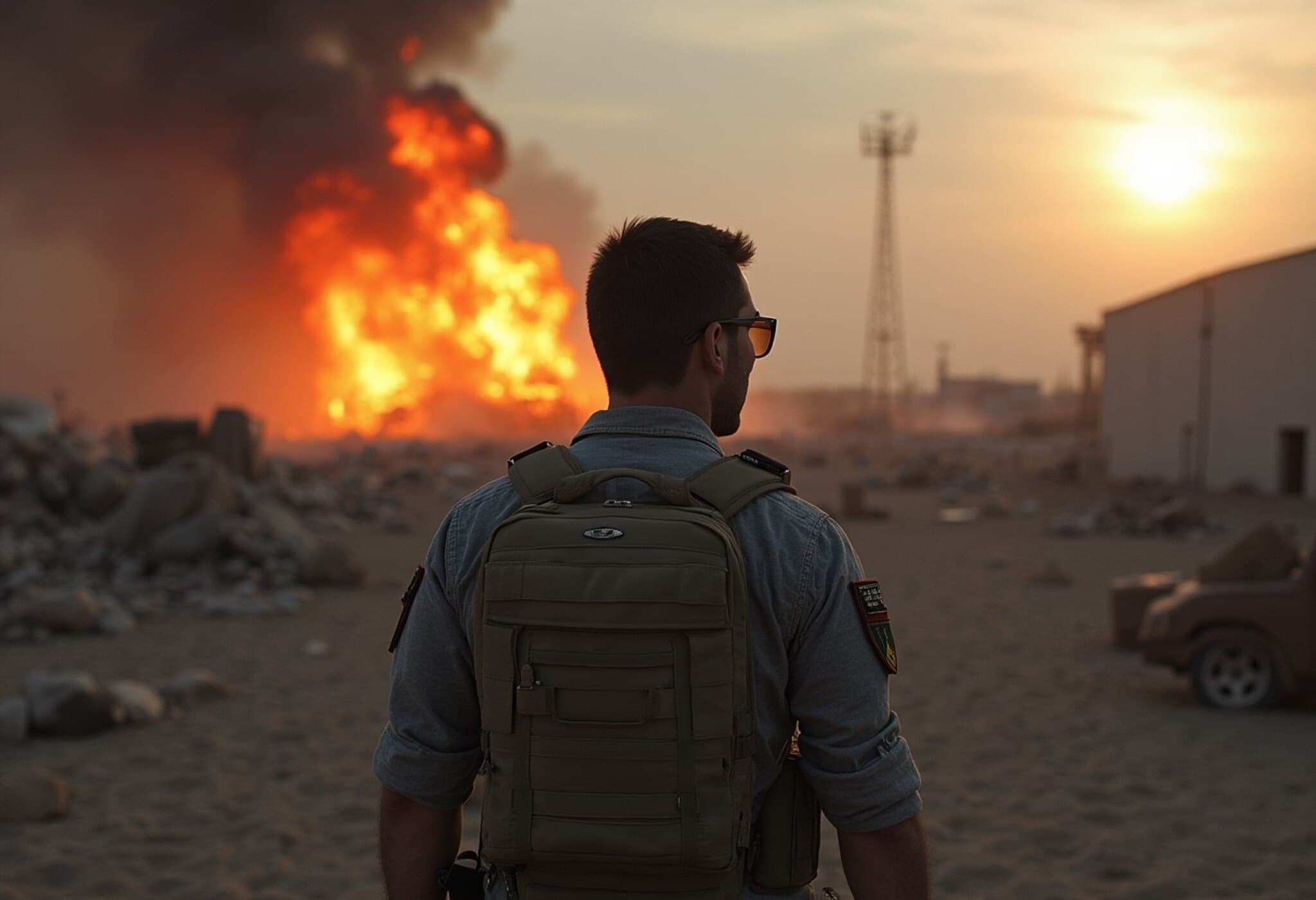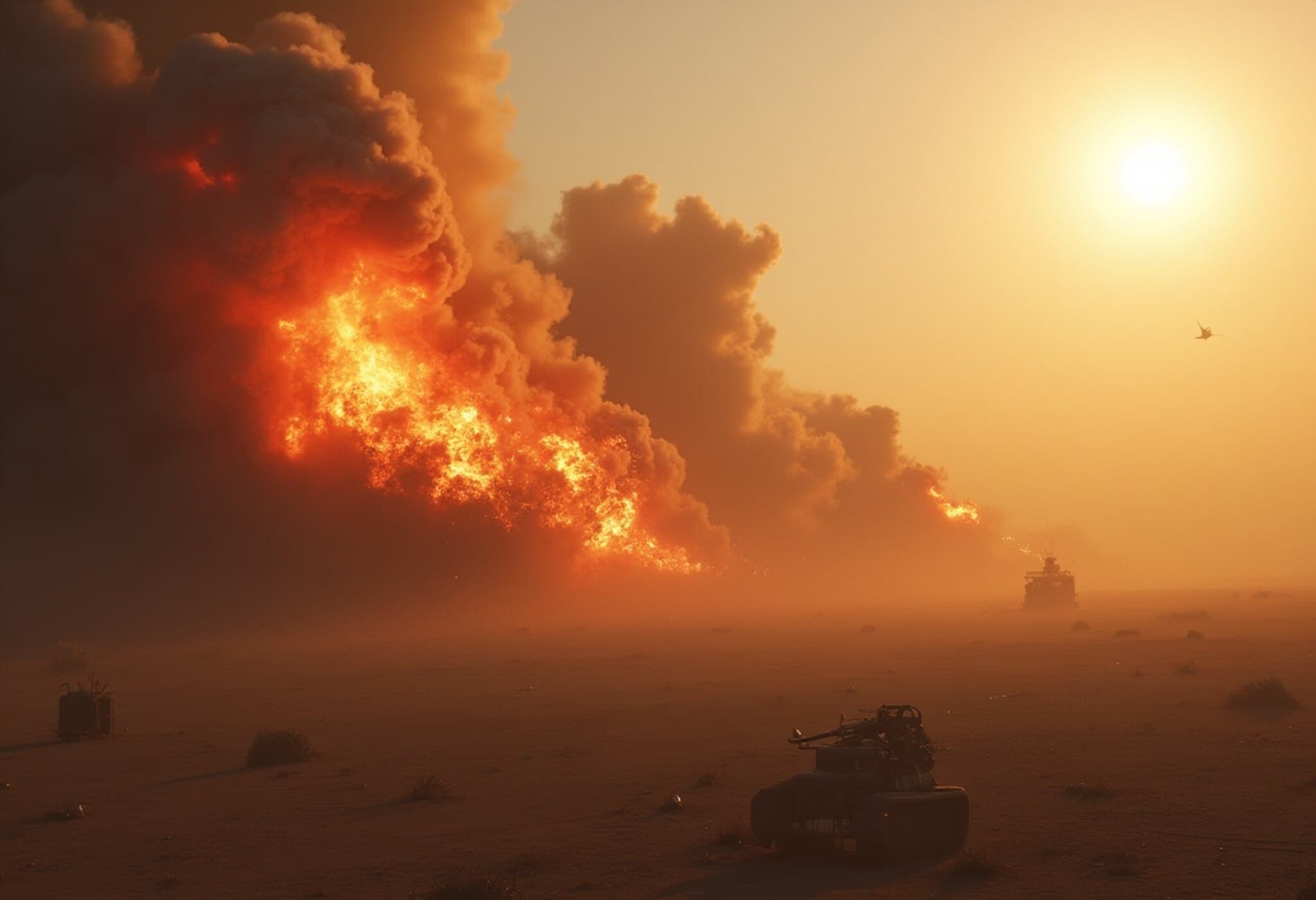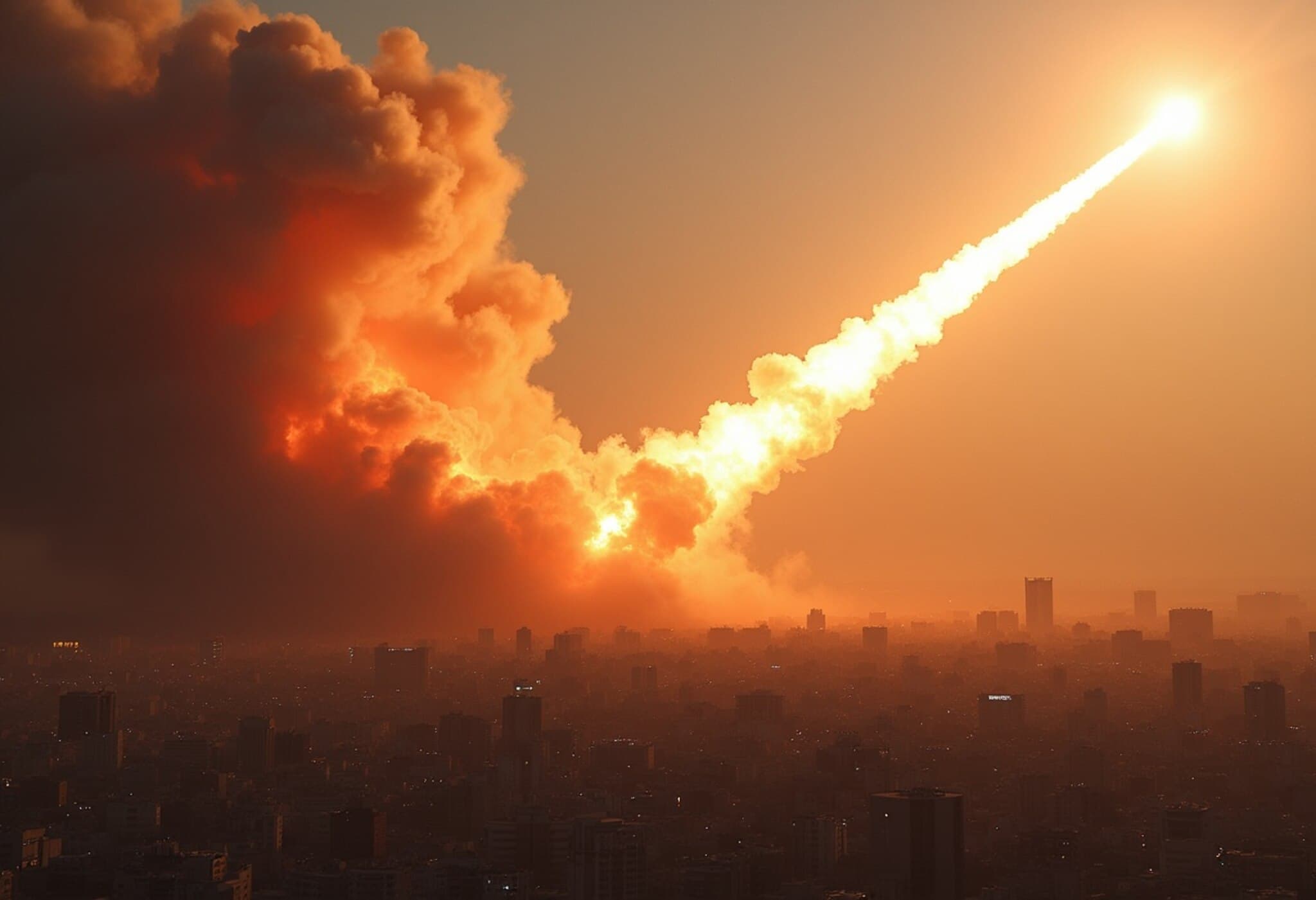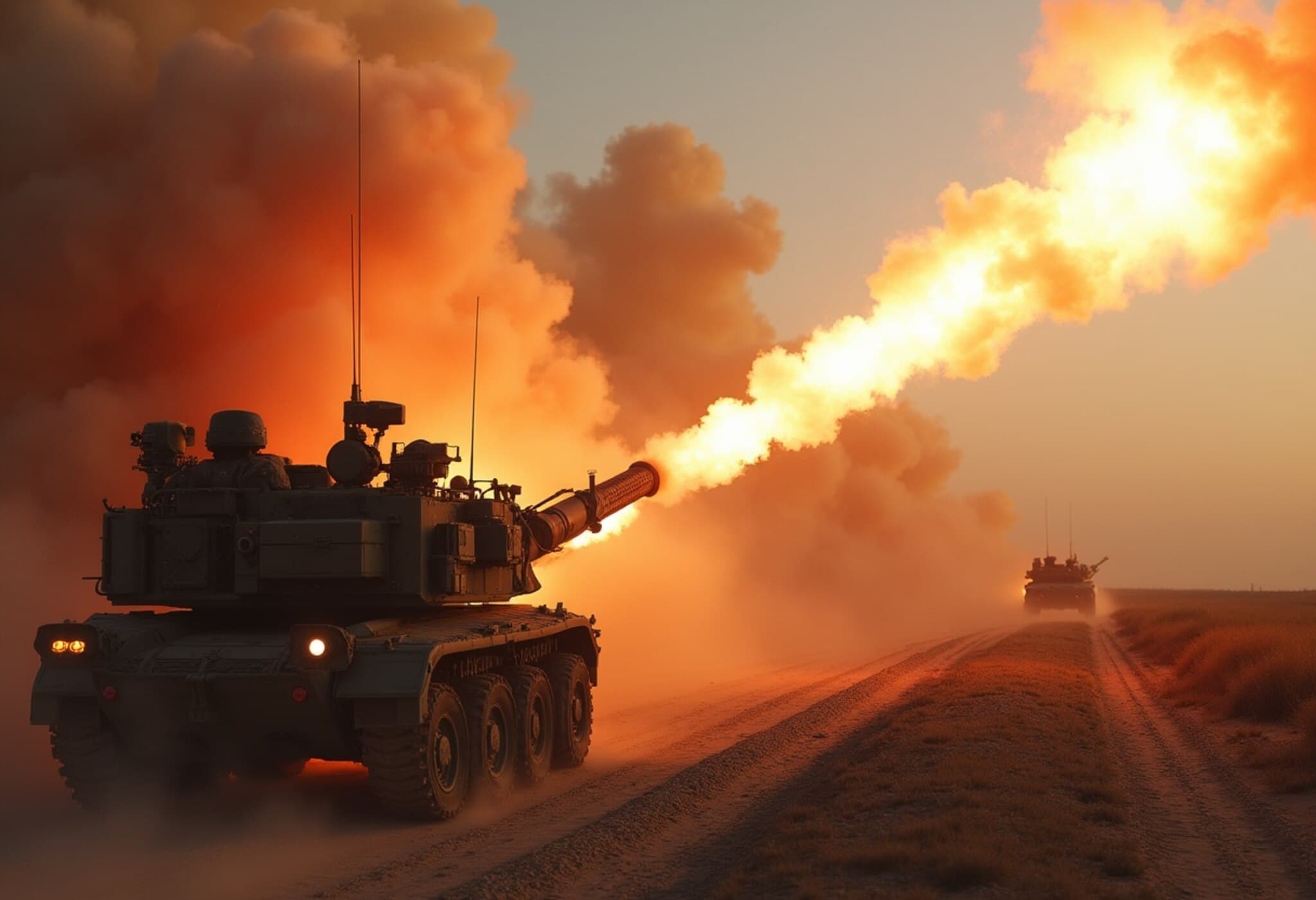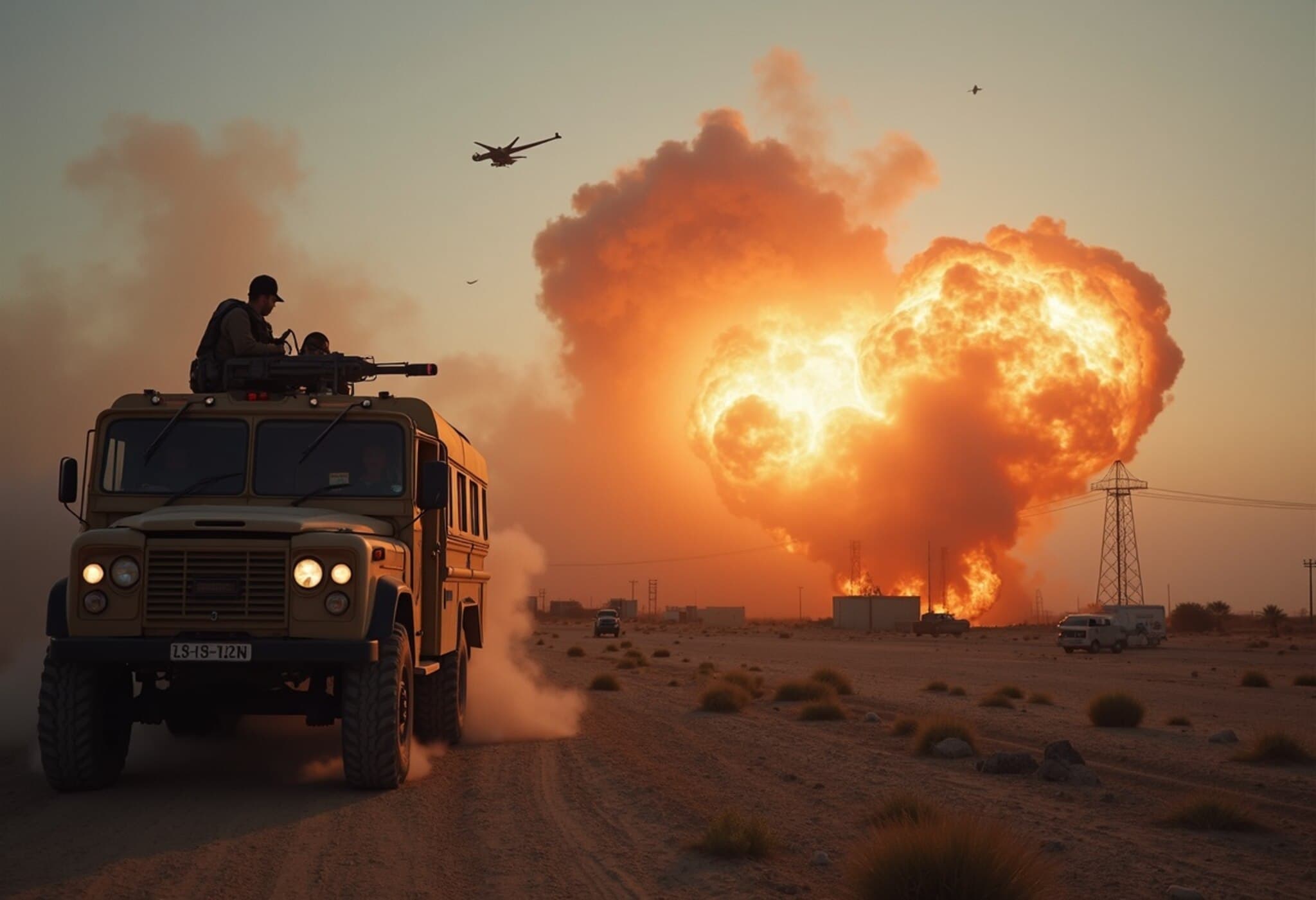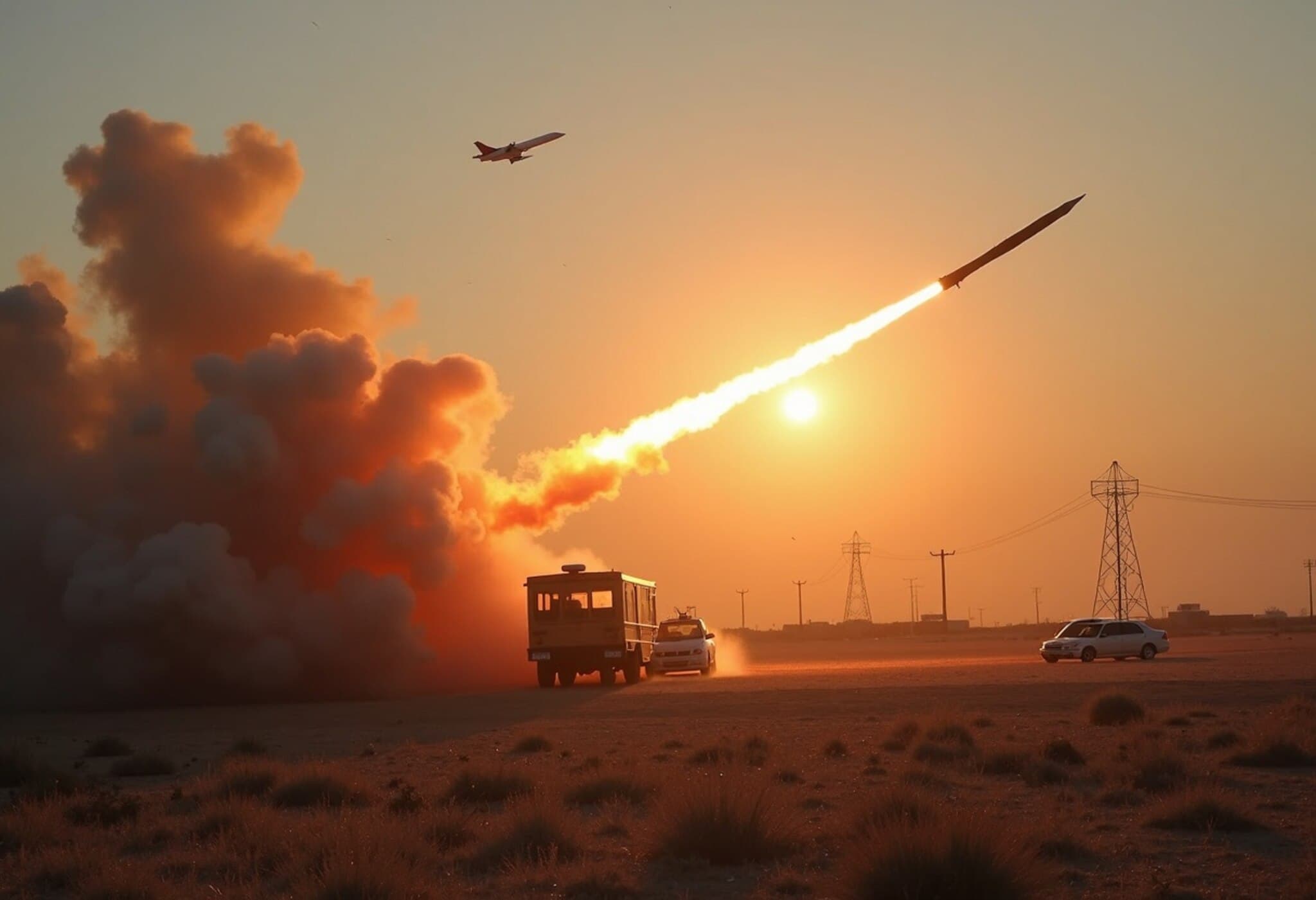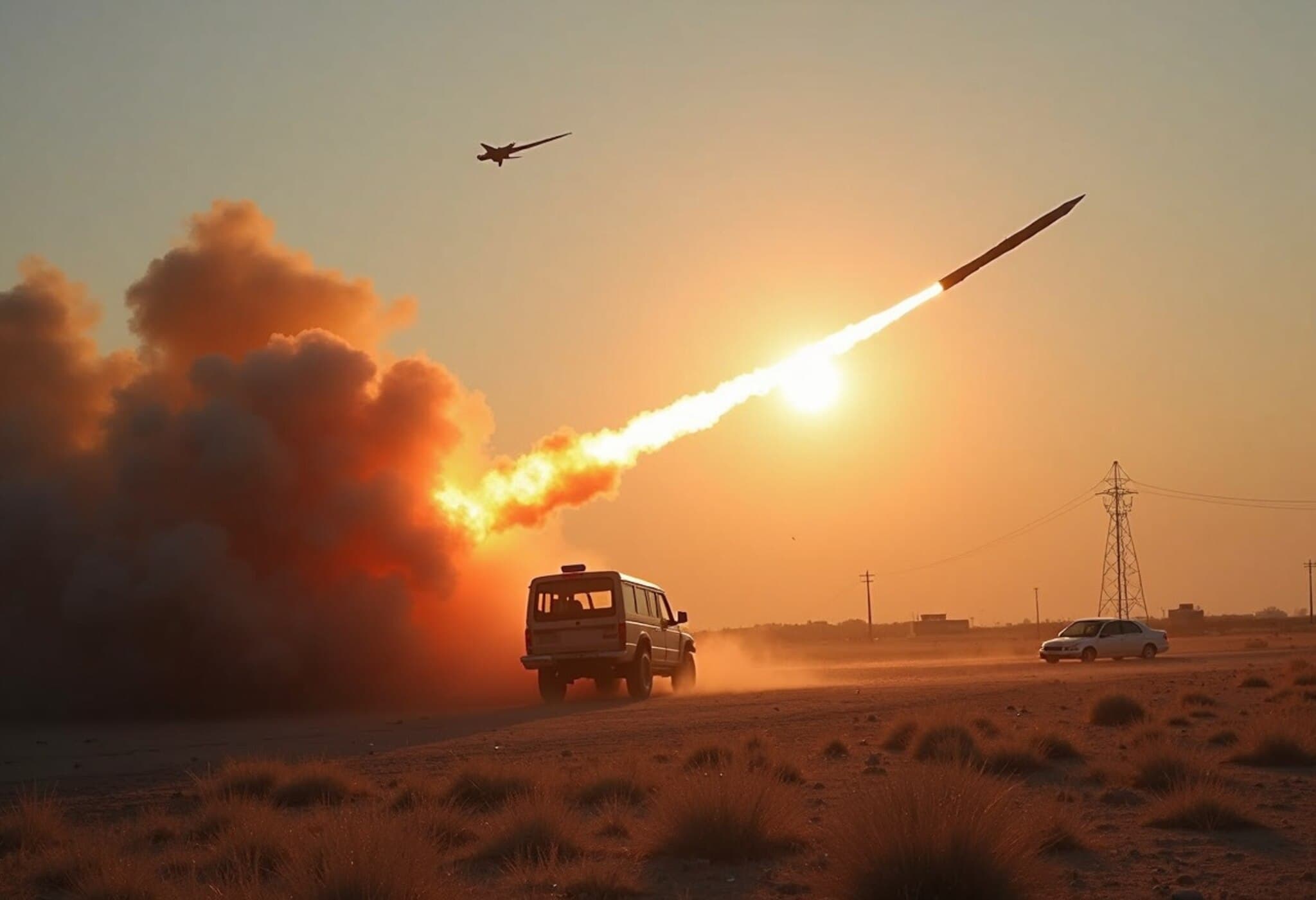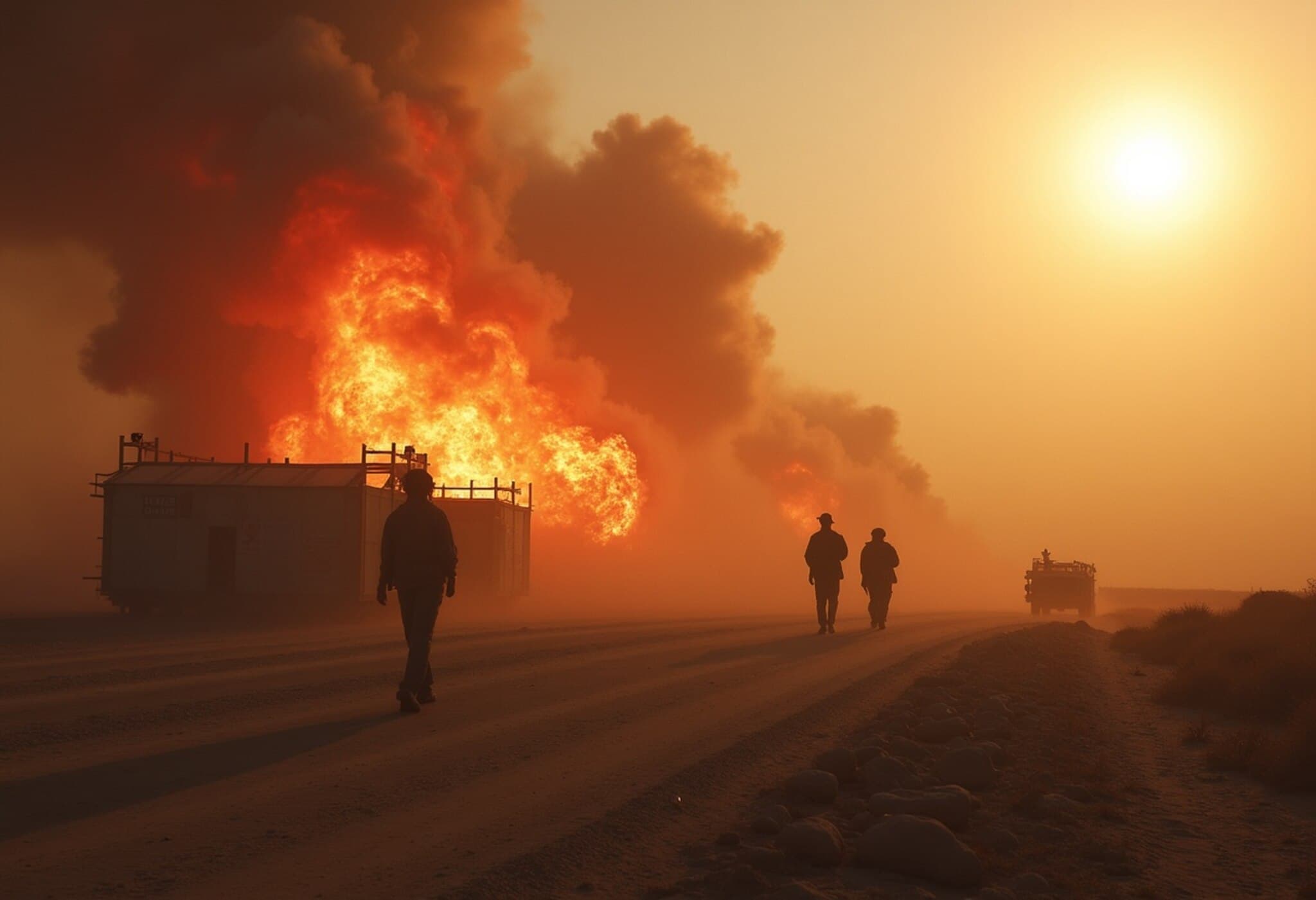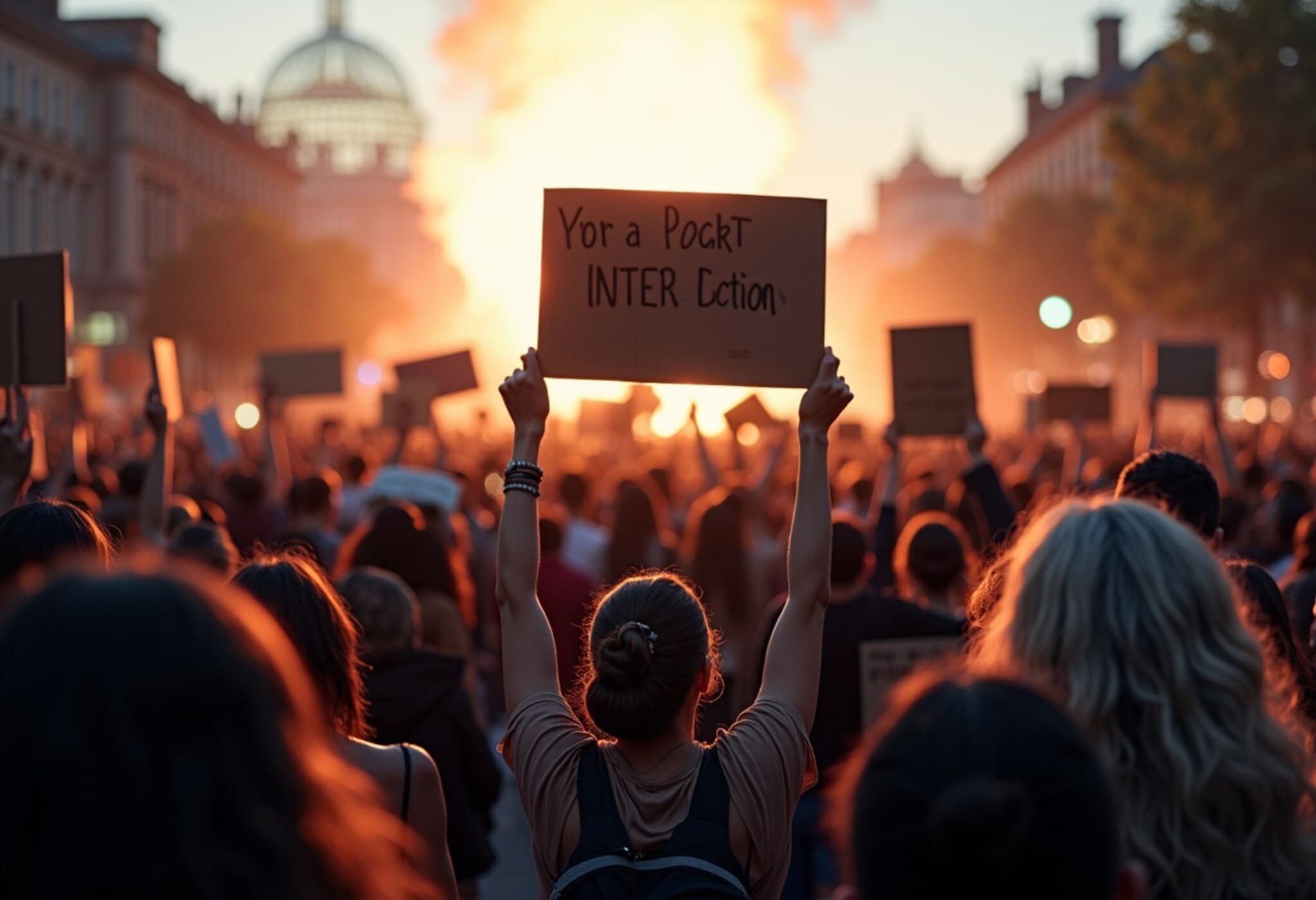Escalating Conflict: Iran and Israel Launch New Missile Strikes
Fresh rounds of missile attacks were exchanged between Israel and Iran as tensions in the Middle East worsened. Early Saturday, warning sirens in cities like Tel Aviv and Jerusalem urged Israelis to seek shelter amid incoming Iranian missiles, with multiple explosions also reported in Haifa.
The Israeli military confirmed on social media that “millions of Israelis” were moving to secure shelters in northern areas due to projectile fire. Tragically, a missile struck a two-story home in northern Israel, killing one woman and injuring over a dozen people. Fortunately, authorities later declared it safe for residents to leave the shelters.
Military Posturing and Threats from Both Sides
This recent Iranian attack followed Israel’s assertion that it had established air control over Tehran, warning ominously that the Iranian capital would face severe consequences if missile launches continued. In response, Iranian leaders vowed a “more severe and powerful response,” threatening to broaden the conflict by targeting Israeli allies’ ships and military bases.
UK Moves Military Assets to Middle East Amid Rising Tensions
Against the backdrop of mounting hostilities, the United Kingdom began deploying jets and other military resources to the Middle East. The British Prime Minister emphasized contingency support in the region, despite warnings from Iran that such involvement might provoke retaliatory strikes against British bases.
Speaking en route to an international summit, the UK leader highlighted ongoing diplomatic efforts, including calls with the Israeli Prime Minister and the US President, underscoring the urgent need for de-escalation. Nevertheless, the UK’s defensive deployments underscore the real risk of the conflict widening beyond the immediate region.
Renewed Israeli Strikes Target Iranian Defense and Nuclear Facilities
In early Saturday operations, Israel’s Defense Forces announced strikes against Iran’s Defense Ministry headquarters in Tehran, along with sites purportedly linked to the Iranian nuclear weapons program. Officials stressed that these attacks relate directly to the Iranian regime’s nuclear ambitions.
Consequently, scheduled US-Iran nuclear talks were postponed amid ongoing violence. Iran retaliated by launching a second wave of missile attacks against Israeli territory, while Israeli forces continued targeting Iranian military and nuclear installations, reportedly eliminating senior figures in Iran’s ruling structure.
Describing the situation on social media, Israel’s Defense Minister declared, “Tehran is burning.” Meanwhile, Iranian state broadcasts confirmed explosions in multiple parts of the city. International leaders have urged restraint to prevent full-scale war, with China’s foreign minister warning that attacks on nuclear facilities establish a “dangerous precedent.”
Broader Regional Implications
The volatile scene unfolds amid Israel’s intensified campaign against the Iranian-backed militant group Hamas in Gaza, ongoing for nearly two years. With both nations exchanging hostilities and international powers weighing their involvement, the risk of a wider regional conflict looms large.

